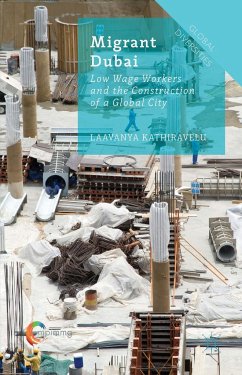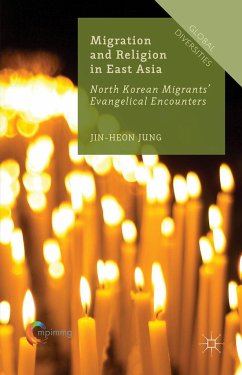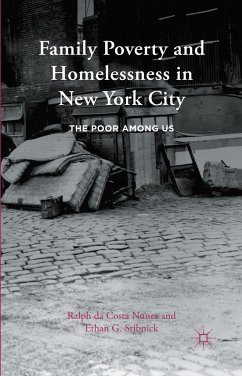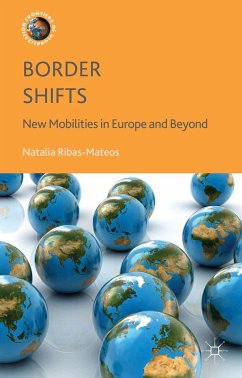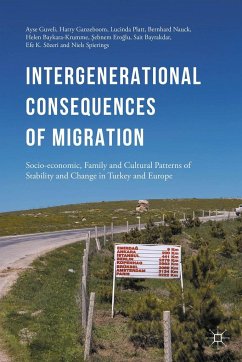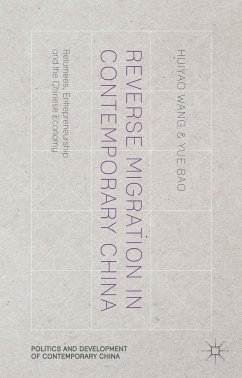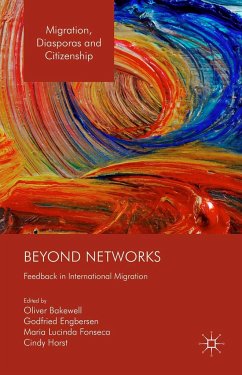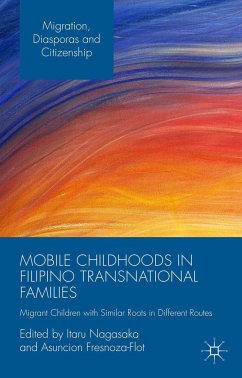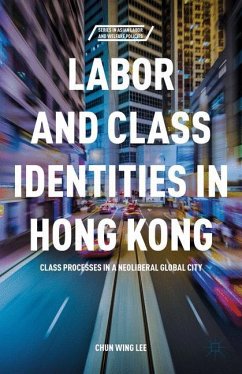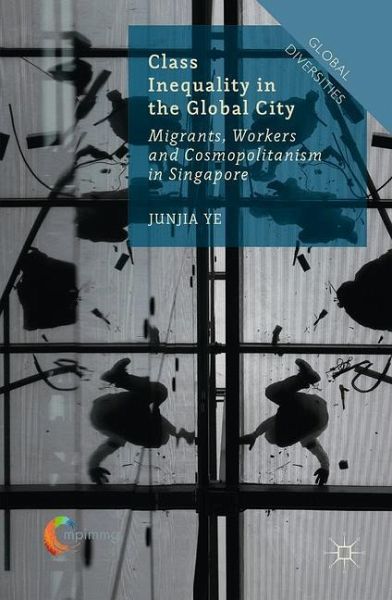
Class Inequality in the Global City
Migrants, Workers and Cosmopolitanism in Singapore
Versandkostenfrei!
Versandfertig in 6-10 Tagen
62,99 €
inkl. MwSt.
Weitere Ausgaben:

PAYBACK Punkte
31 °P sammeln!
In striving to become cosmopolitan, global cities aim to attract highly-skilled workers while relying on a vast underbelly of low-waged, low status migrants. This book tells the story of one such city, and shows how cosmopolitanism is an aspirational construct created through global and national development strategies, migration and identity.





